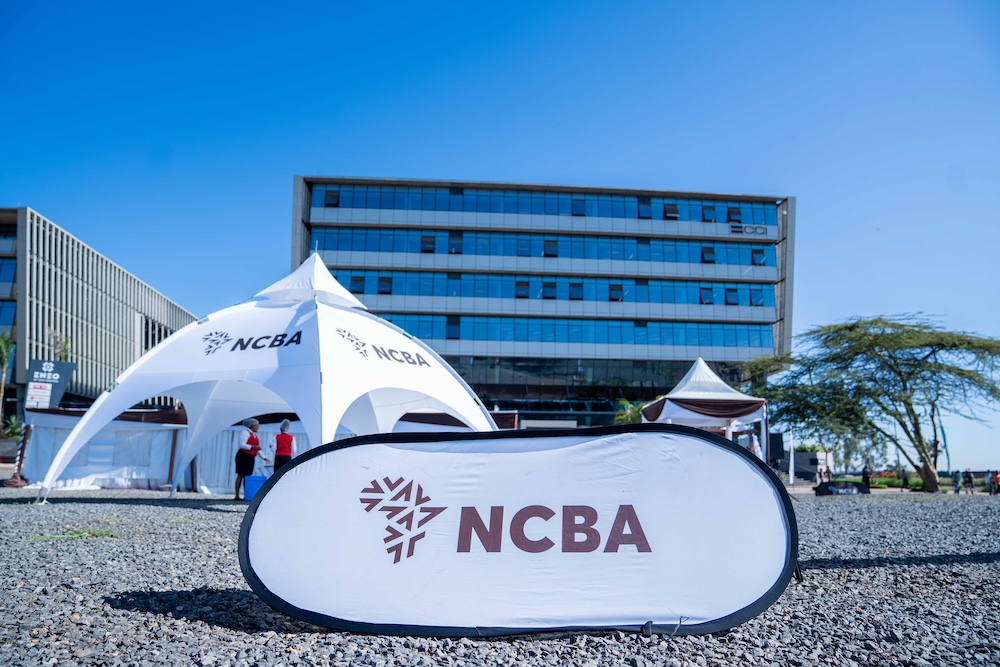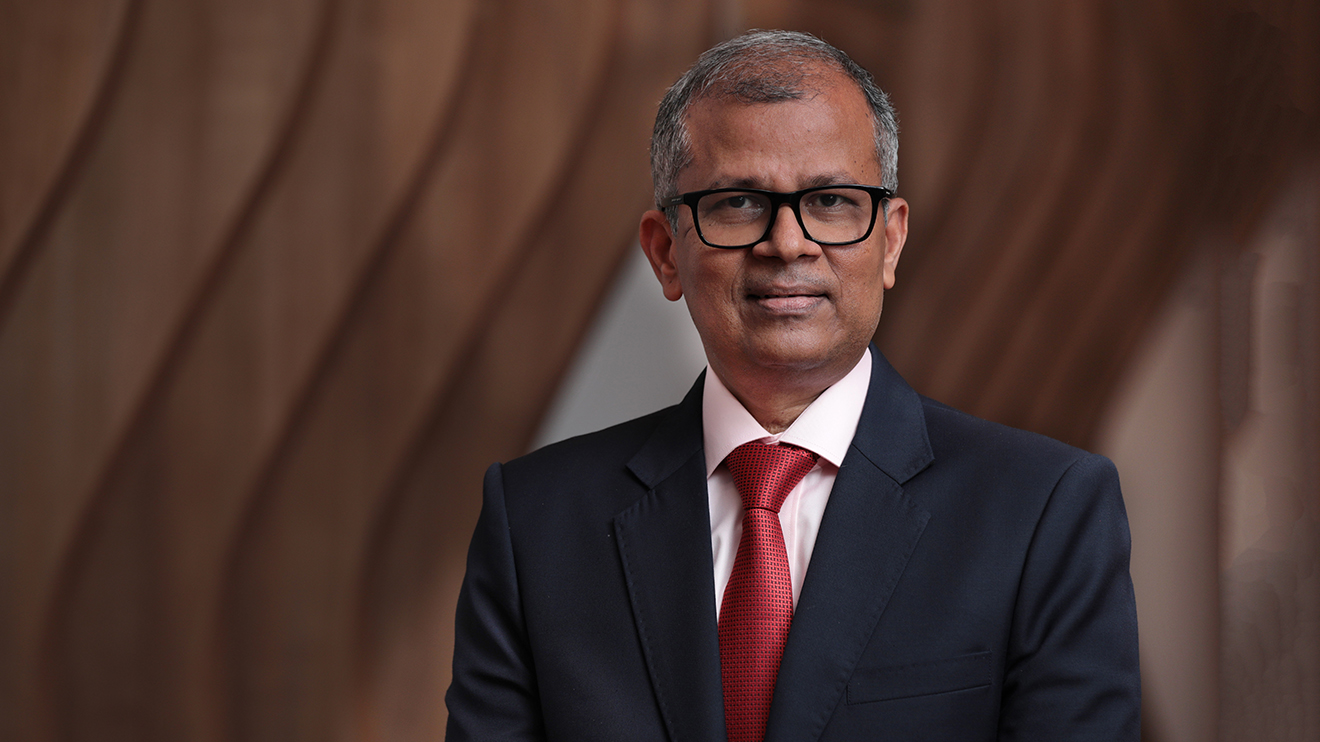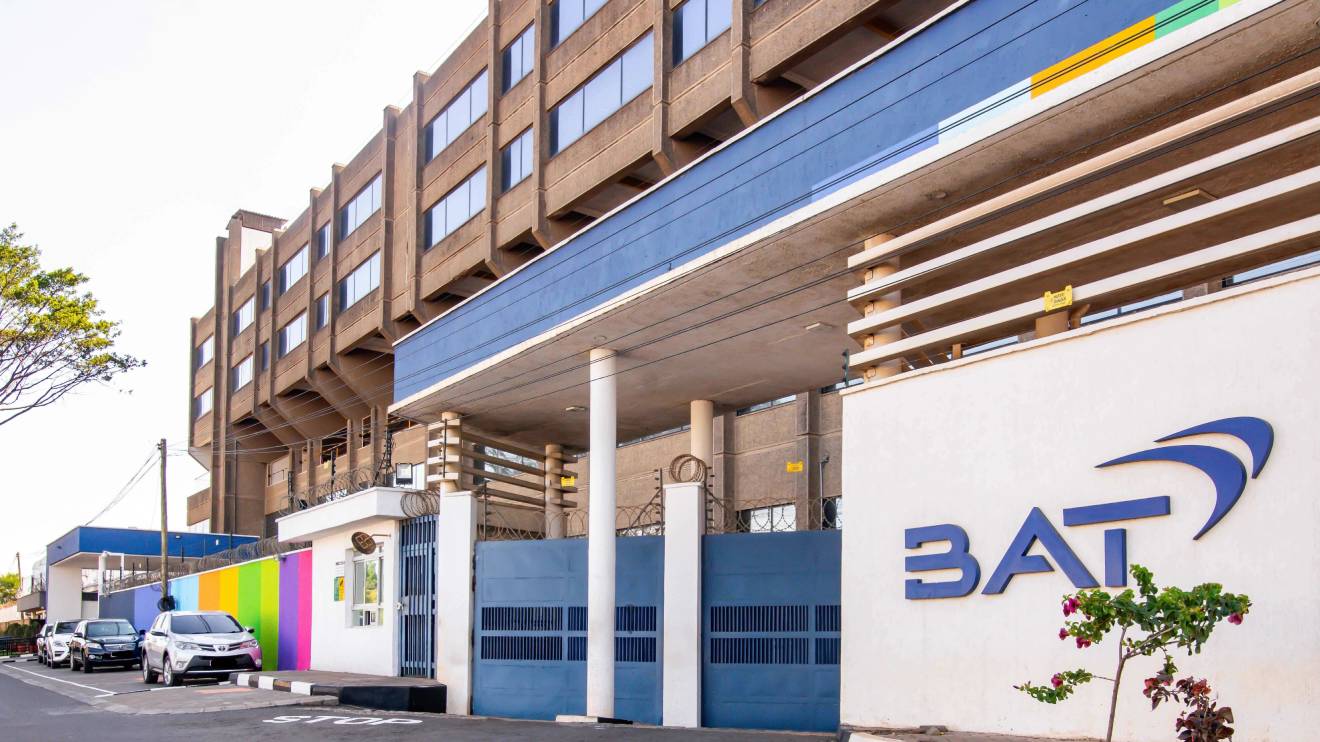Kenyan households are on the brink of a significant energy transformation as the government, in conjunction with the private sector, prepares to roll out 4.4 million liquefied petroleum gas (LPG) cylinders nationwide.
This collaborative effort signals a decisive move towards enhancing access to clean cooking energy, thereby uplifting livelihoods and fostering sustainable development across the country.
Energy and Petroleum Cabinet Secretary, Davis Chirchir, announced the ambitious initiative during the Liquefied Petroleum Gas (LPG) Growth Strategy workshop held at the Kenya School of Government.
Under this plan, the National Oil Company will spearhead the distribution of 1.3 million cylinders, while the private sector will leverage its robust distribution networks to allocate the remaining 3.1 million units.
“The Government through the @NationalOilKE plans to distribute 1.3 million cylinders while the private sector distributes 3.1 million cylinders through their established distribution networks,” affirmed Chirchir, emphasizing the collaborative nature of the endeavour.
Read More
Central to the strategic vision outlined by Chirchir is the aspiration to elevate LPG consumption in Kenya from the current 7.5kg to 15kg per capita annually, alongside a parallel increase in penetration from 24 per cent to an ambitious 70 per cent by 2028.
Such a substantial expansion in LPG access holds the promise to alleviate the burden of traditional biomass cooking methods, consequently mitigating health hazards and environmental degradation associated with solid fuels.
Furthermore, Chirchir underscored the government's unwavering commitment to fortify LPG infrastructure across the nation.
Leveraging the capabilities of the Kenya Pipeline, efforts will be directed towards ensuring seamless importation, storage, and distribution of LPG, thus underpinning comprehensive infrastructural development within the energy sector.
“The workshop aimed to engage stakeholders in discussing ways to enhance collaboration & create a plan for successfully implementing the LPG strategies. It also sought to increase awareness of ongoing initiatives, review the proposed policy, & address any potential shortcomings,” Chirchir explained, shedding light on the multifaceted agenda driving the workshop's deliberations.
This concerted endeavour between the government and private sector not only underscores a proactive approach towards addressing energy access challenges but also embodies a commitment to advancing sustainable development objectives.
As Kenyan households stand poised to embrace cleaner, more efficient cooking technologies, the impending distribution of LPG cylinders stands as a testament to the nation's resolve to build a brighter, healthier future for all its citizens.

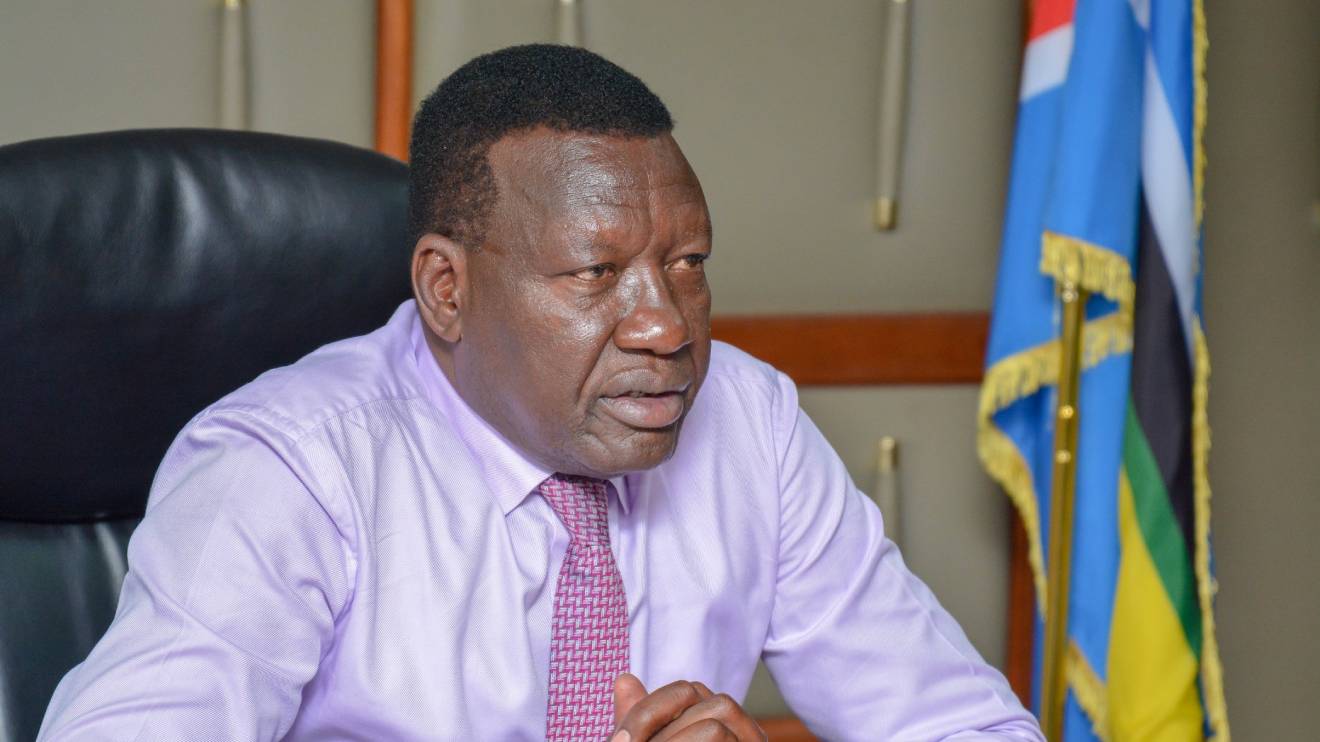
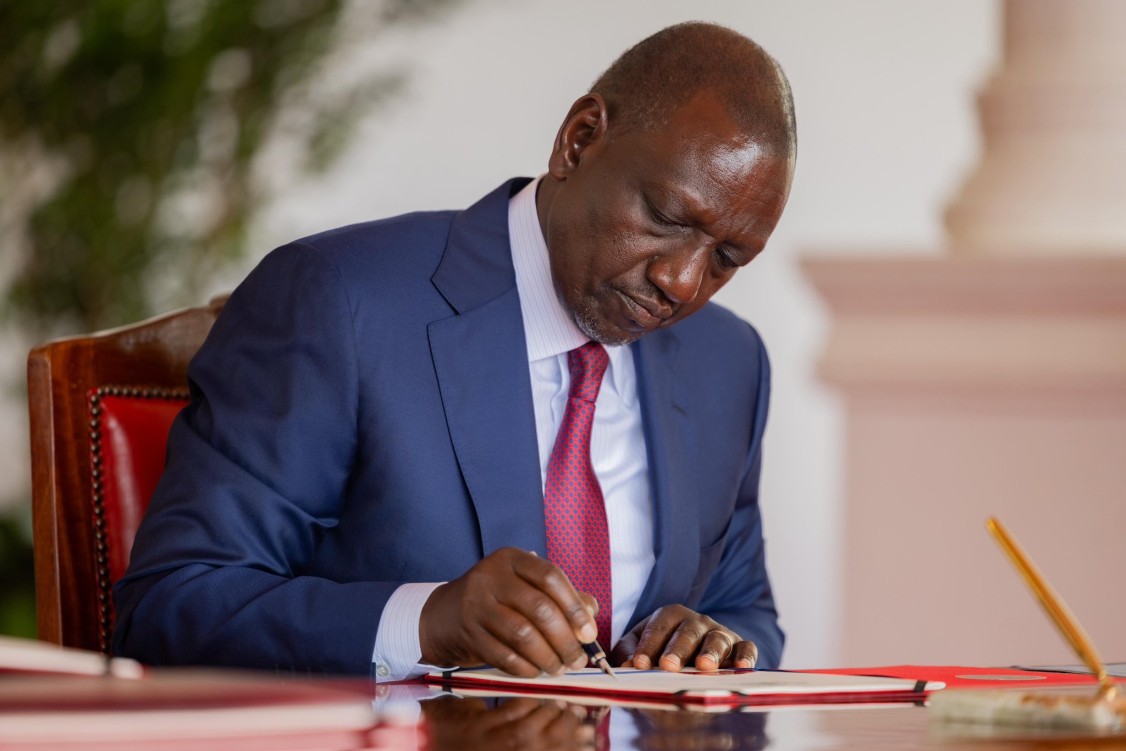
-1751972163.jpg)
